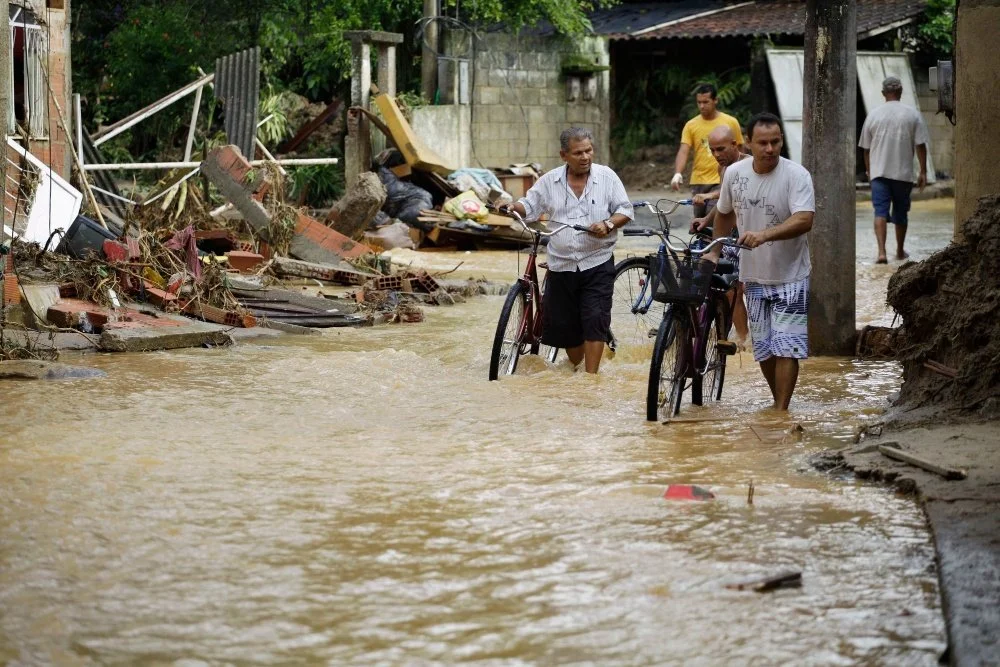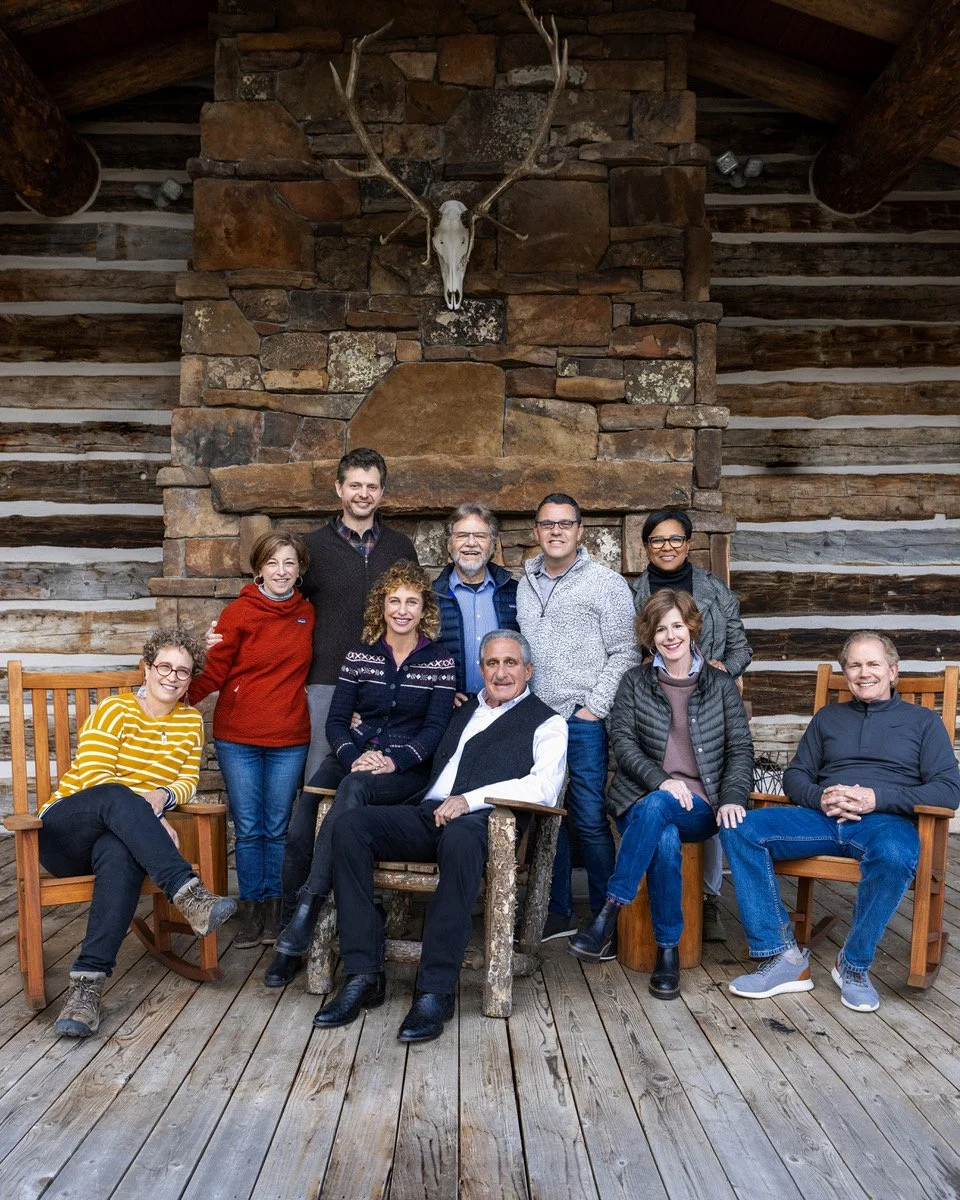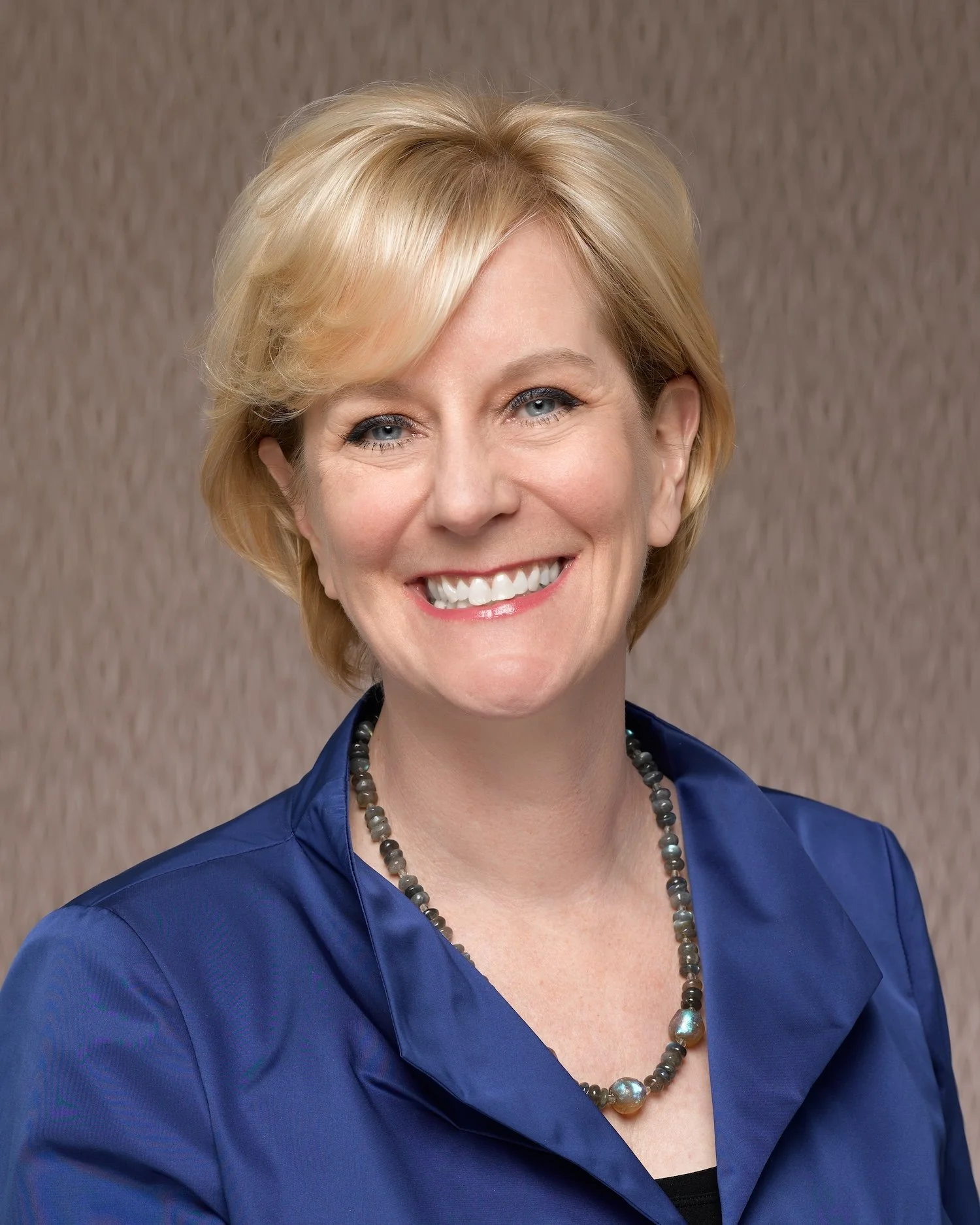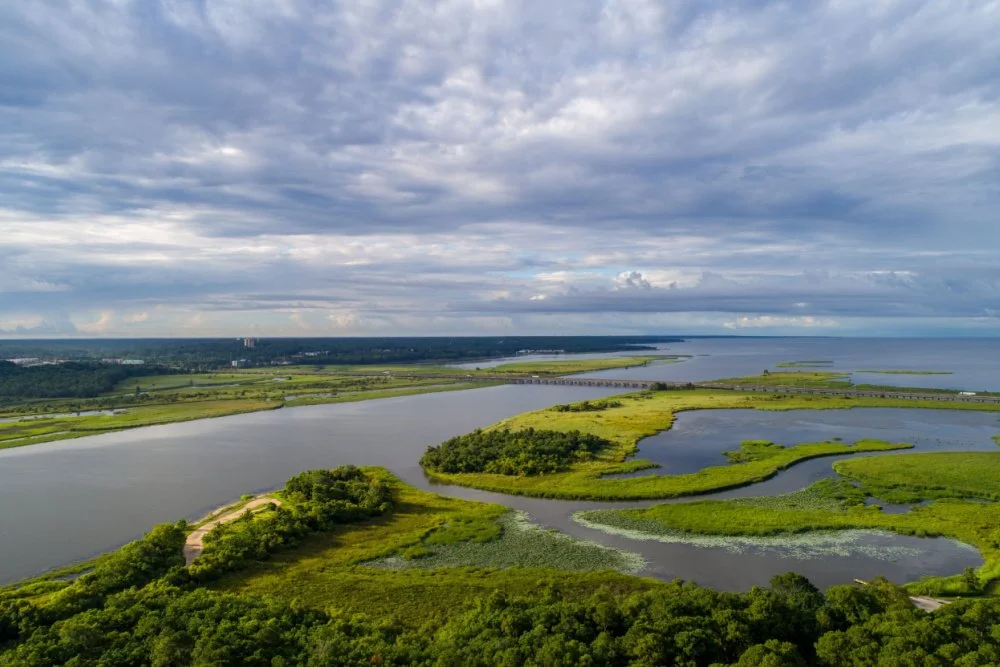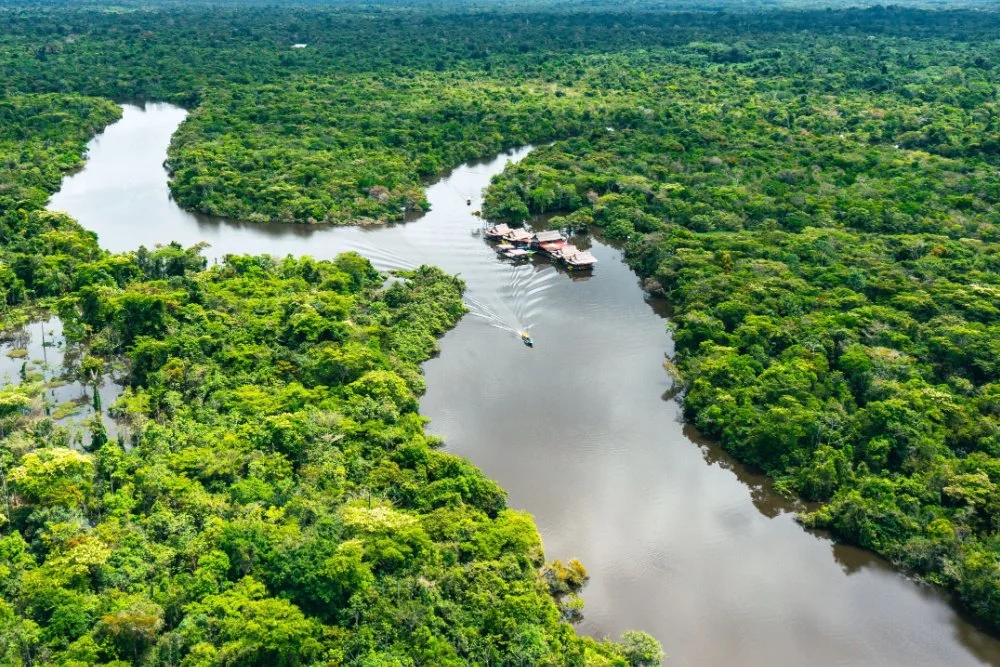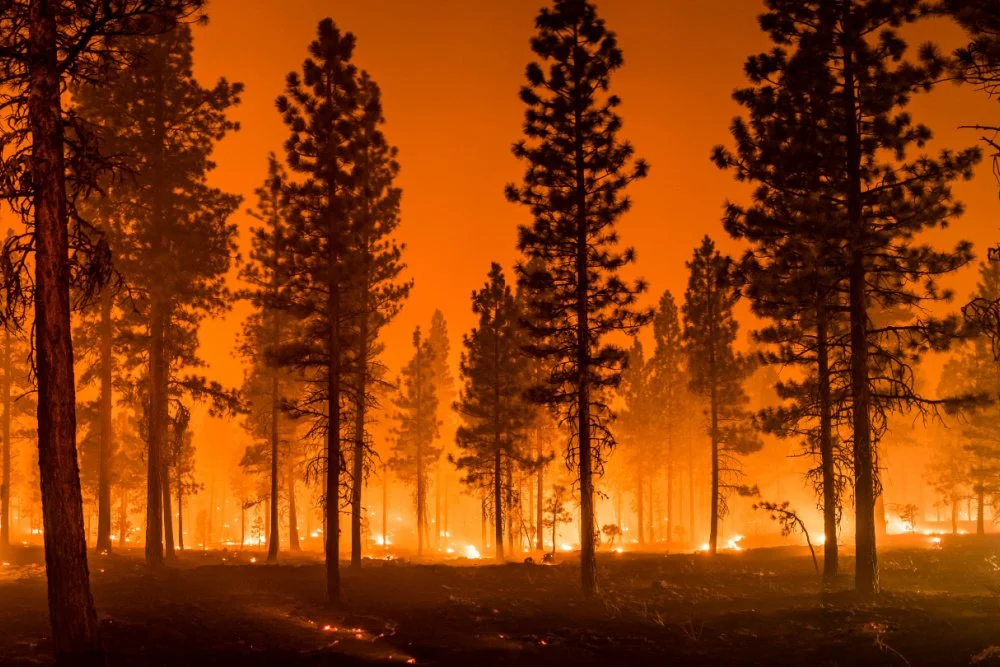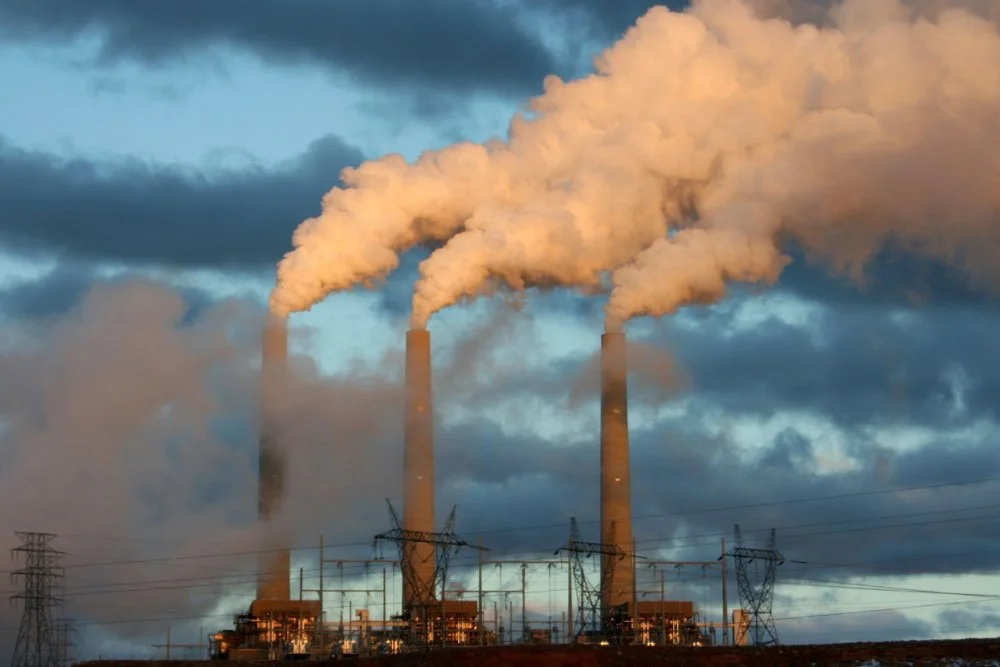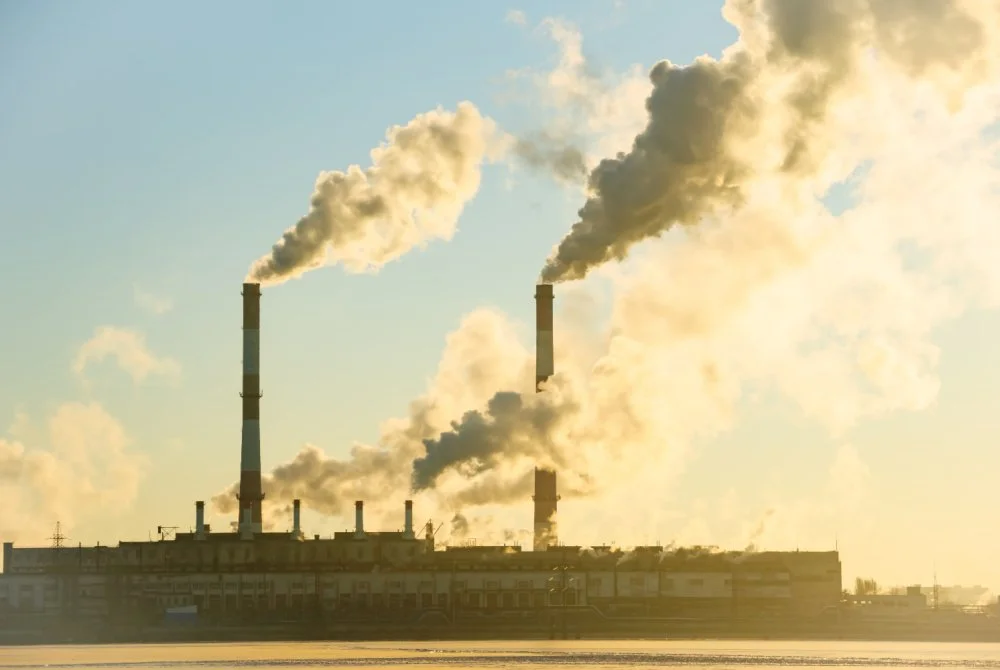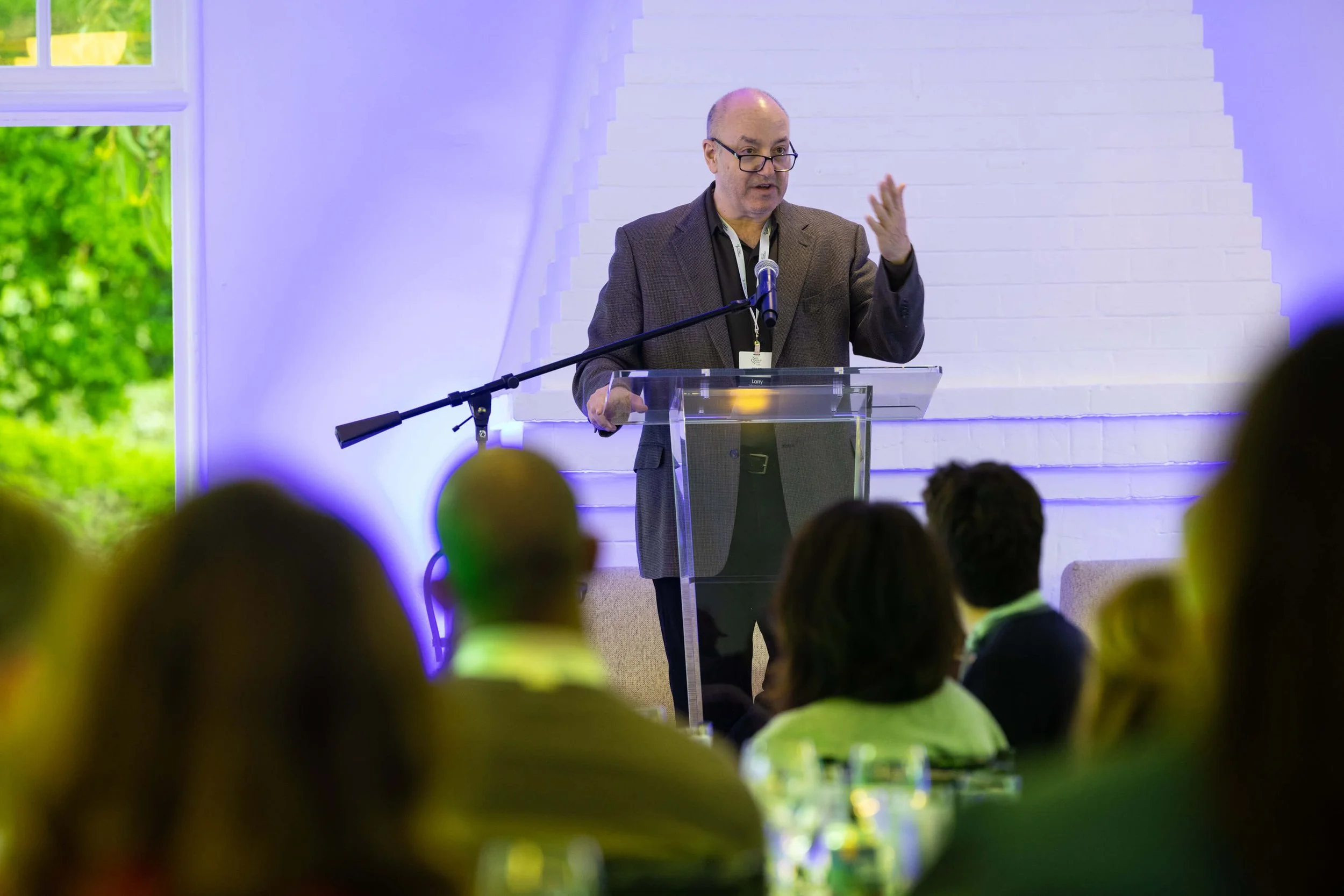With a Giant Pledge, Foundations Spotlight a Key Niche for Climate Change Philanthropy
/As city, state, business and nonprofit leaders gather in San Francisco for the Global Climate Action Summit, the goal is to shine a kind of light in the dark—elevating promising action and opportunity, even as the U.S. moves backward at the federal level.
The philanthropic sector is taking part in the series of high-dollar announcements coming out of the summit, and foundation leaders decided to kick things off by putting the spotlight a topic that may come as a surprise—land use and indigenous rights as a form of climate action.
An extension of a philanthropic collaboration that started around 2010, nine foundations pledged $459 million to support forests and indigenous land rights as a way to mitigate climate change. Eighteen foundations also signed on to a joint statement in support of the cause, calling on further investments.
“If we want to achieve the 1.5-degree target set in Paris, a key solution to that is addressing the issue of forests, deforestation, land use,” Ford Foundation President Darren Walker told IP. “The most effective way to address that is by supporting the rights of indigenous people.”
Ford is a member of the Climate and Land Use Alliance, a group of foundations that has embraced the idea of land management as a way to keep carbon out of the atmosphere. The alliance members and the expanded list of foundations joining this pledge are an interesting group, in that they all converge on this topic despite different missions, some of which are not explicitly focused on climate change. CLUA came up with this new commitment, rallied more players to the cause, and took advantage of the Global Climate Action Summit as an opportunity to elevate the issue.
According to the EPA, 24 percent of greenhouse gas emissions comes from agriculture, deforestation, and other land use. Indigenous communities have emerged as leaders in global efforts to mitigate climate change through forest protection, and research has shown that indigenous control of land reduces deforestation and emissions. But it’s an underfunded solution. We’ve also seen heightened conflicts between local communities and industry, with record numbers of people killed for defending their land.
Related: A Growing Pooled-Funding Effort to Support Environmental Defenders
Roughly half of the commitment announced at the summit will go through CLUA from its core funders—Ford, Packard, ClimateWorks and Moore foundations, and Margaret A. Cargill Philanthropies. In that sense, it’s kind of a re-upping of the joint effort, and the alliance has its own governing board and strategy that will determine where that chunk of money goes. CLUA just released new 2018-2022 strategies, extending work around policy, finance, securing indigenous land rights and more, and expanding into new areas like food consumption, and building awareness of land as a climate solution.
The remaining part of the commitment will come from four additional funders—Doris Duke Charitable, MacArthur, Mulago, and Rockefeller foundations—that will have more leeway in terms of how they distribute funds.
DDCF, for example, has committed $60 million toward the total, and their work is focused on the United States, while CLUA works mostly abroad. That includes a new, $20 million initiative to prevent deforestation and improve forestry and agricultural practices. Another major funder that signed on is the MacArthur Foundation. MacArthur’s commitment includes $45 million to new grantmaking organization Nia Tero, which supports indigenous management of forests.
Related: How One Funder Hopes to Bridge Conservation and Climate Work
The foundations’ pledge is part of a series of events and announcements related to forests at the Global Climate Action Summit. Protecting forests has become an important part of California’s climate goals, as under its cap-and-trade system, landowners can earn revenue through carbon offset credits by keeping forests intact. Native American tribes have become a major force in the carbon offset market.
Such carbon market solutions have come under fire, however, including as part of protests happening at the GCAS. Several activist groups are running their own programming and demonstrations to counter the GCAS, criticizing its focus on market-based solutions, corporate involvement and sponsorship, and the state’s continued issuing of oil and gas permits.
One target of these protests has been the controversial practice of placing a market value on the carbon sequestration capacity of forests. Indigenous activists delivered an open letter to the governor and the Governors’ Climate and Forests Task Force, rejecting carbon pricing as a false solution that places pressure on communities to accept carbon offsets, and infringes on self-determination. “The sacred cannot be commodified nor is it for bargaining,” the letter states.
The pledges from the nine foundations will probably include a very small percentage related to carbon markets, said David Kaimowitz, Ford’s director of Natural Resources and Climate Change. While CLUA isn’t opposed to them, he said, carbon markets are not a central plank of the initiative. He describes the alliance as “somewhat agnostic” toward the concept, with some foundations more favorable than others. “We think that dialogue and discussion and debate about these issues is very healthy,” he said.
Related: Philanthropy’s Part in a Flurry of Global Ocean Protection Commitments
As with the issue of climate change more broadly, there are definitely impassioned, competing visions about the best way forward on curbing deforestation. But the number of actors driving those visions for climate action are an encouraging sign of growing urgency around the issue.
On that note, the public rallying of 18 foundations behind the issue, with varying perspectives themselves, is encouraging. It’s important for funders to find the right areas of overlap with climate change, so that more parties beyond the usual suspects can find entry points. While individual actions aren’t nearly enough to hit our climate goals, they’re still impactful, and can build to necessary national action.
“It is really important that philanthropy double down and engage on these issues. Having said that, philanthropy cannot take the place of government, but I hope that we can contribute to continuing to raise awareness of the need for urgent action,” Darren Walker at Ford said. Foundations should avoid limiting their thinking within a particular program box.
“It’s not an overstatement to say that climate change represents the existential threat to the planet,” Walker said. “So regardless of one’s funding priorities, figuring out a way to make a contribution to helping develop solutions is imminently doable without feeling that you’re going off mission.”
Related: Local Action: Where Can Climate Funders Make a Difference in the Age of Trump?


